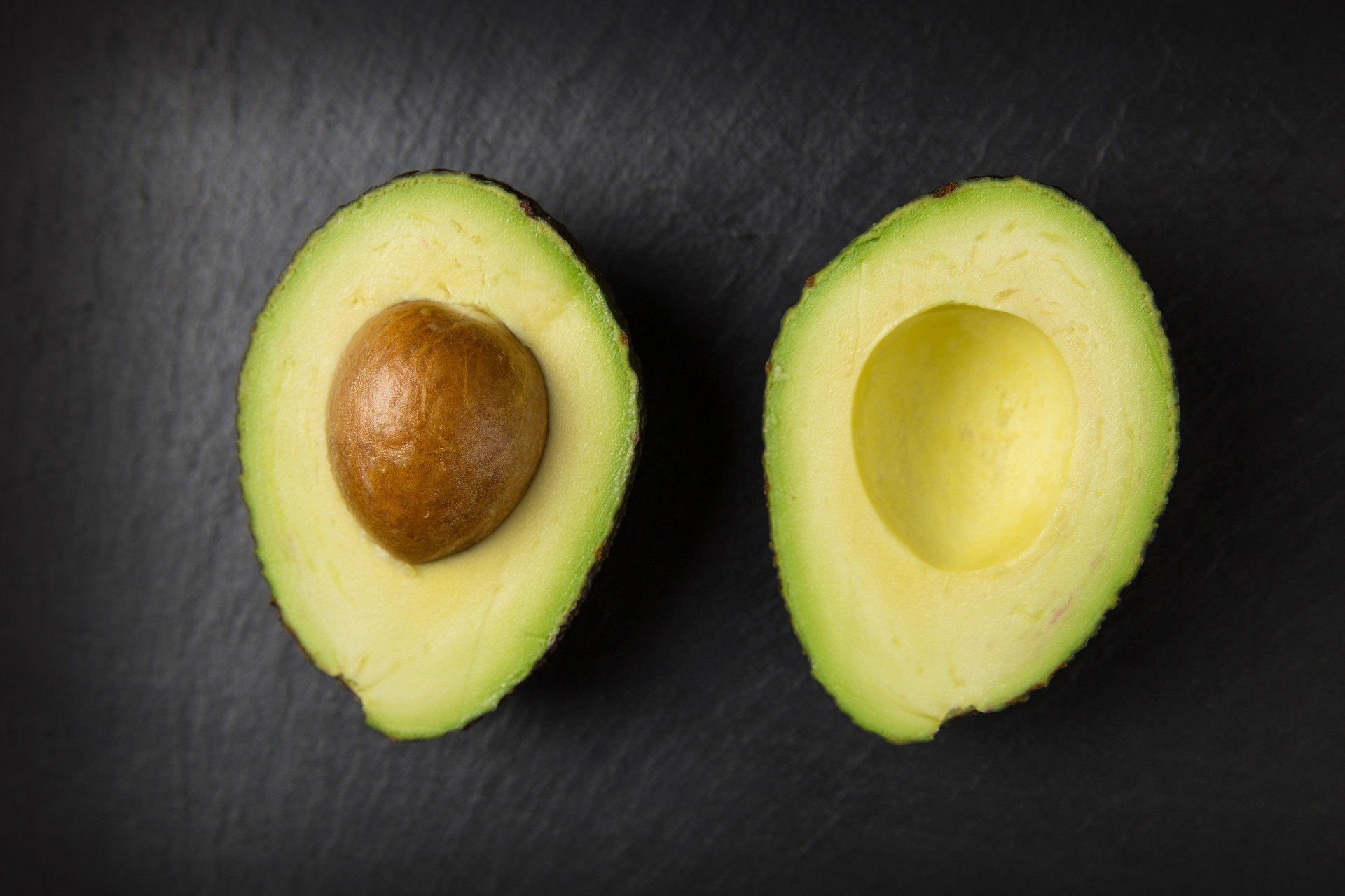
Senior students in Lipscomb University’s Didactic Program in Dietetics contribute blogs to PearlPoint’s Pearls of Wisdom. View all student blogs here.
Good nutrition replenishes your body, helping you to heal and recover from cancer treatment. Your body is an amazing machine, and just like your car needs fuel, you need food.
Even though you may be aware of the benefits of good nutrition during cancer treatment, if you experience side effects, you may not feel like eating. If your appetite decreases, try scheduling times throughout your day to eat several small meals and snacks. Set a reminder on your cell phone or download the free LLS Health ManagerTM mobile app to get reminders and also keep track of your food, hydration, side effects and medication. Long periods without food can cause you to feel more fatigued because your body needs fuel. When you do have an appetite, take advantage of it and eat while you are hungry.
Use these tips to improve nutrition and add calories to your meals and snacks:
- Limit liquids at meal time. Liquids can fill you up and can prevent you from eating enough calorie-dense foods.
- Keep snacks like nuts, cheese, canned fruit, peanut butter, crackers, cottage cheese, muffins and yogurt on hand to grab when you are on the go.
- Add extra butter or oil to recipes or on pasta and bread to increase calories.
- Use nut butters, such as almond butter, peanut butter or sunflower butter, as dips for vegetables, crackers, and pretzels.
- Add avocado to sandwiches and salads to increase healthy fats.
- Add extra protein to meals. For example, add ground turkey to your spaghetti sauce to boost protein. Or, add yogurt to smoothies. You can also choose plant-based proteins such as quinoa, beans, and lentils.
- For beverages, choose higher-calorie drinks, such as milk and smoothies. (However, try to avoid beverages that are high in added sugar.)
- Keep liquid nutrition supplements (for example, Boost®, Ensure® or generic versions) on hand for when you are not able to eat. They can help you easily consume more calories. Ask your healthcare team or dietitian for a recommendation on which nutrition supplement is best for you.
Author: Janie Schneider, Student in the Lipscomb University Didactic Program in Dietetics
Resources
Nutrition Tips for Managing Weight Loss
Nutrition Tips for Managing Loss of Appetite
Power Foods To Include in Your Meals and Snacks
LLS Health ManagerTM can help you manage your health by tracking side effects, medication, food and hydration, questions for your doctor, grocery lists and more.
References
Mayo Clinic Staff. No appetite during cancer treatment? Try these tips. Mayo Foundation for Medical Education and Research. Accessed November 3, 2018.
